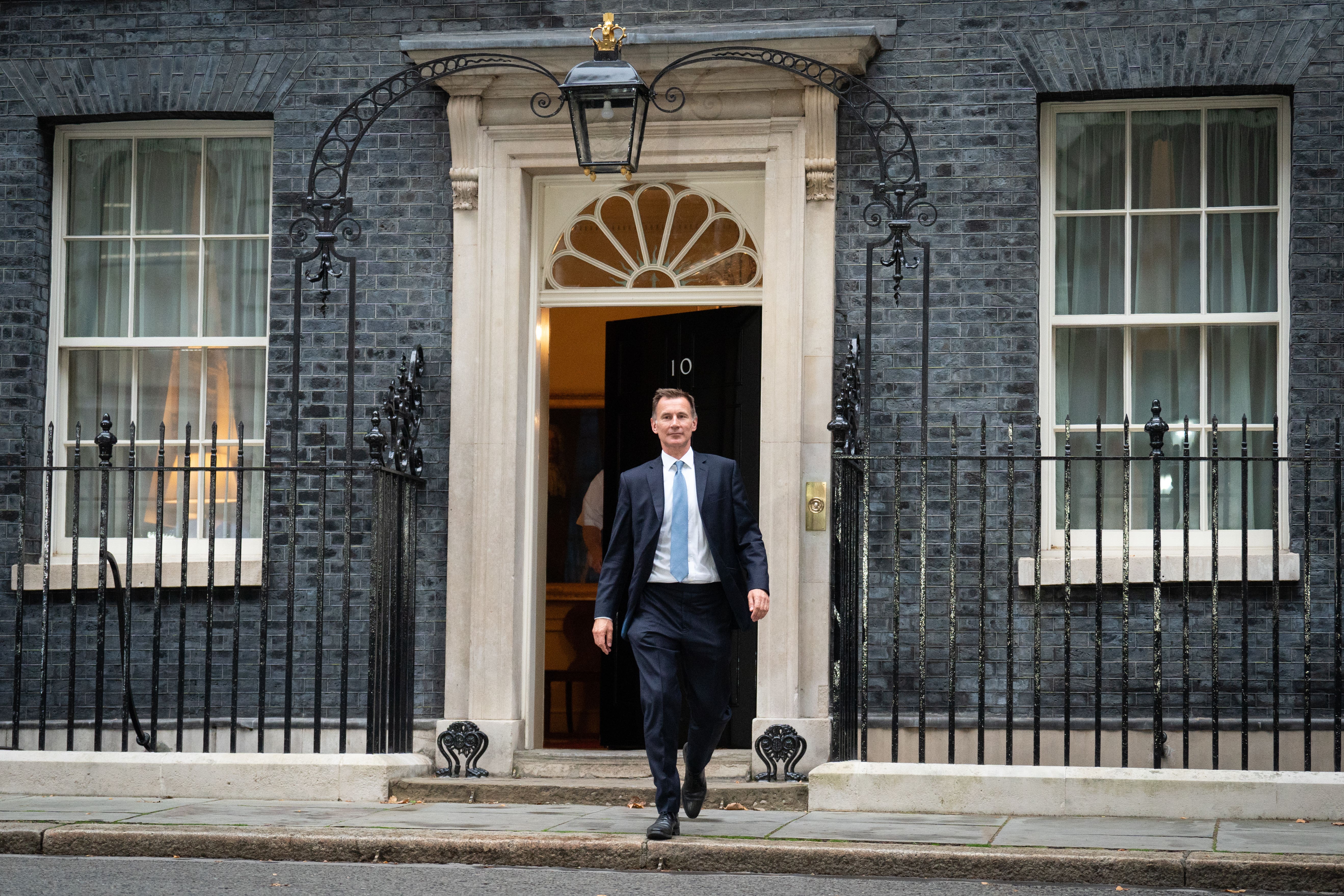UK workers facing ‘two decades of lost living standards’, union boss warns
‘See you in court,’ Frances O’Grady is to warn ministers over legal moves to undermine strikes
Your support helps us to tell the story
From reproductive rights to climate change to Big Tech, The Independent is on the ground when the story is developing. Whether it's investigating the financials of Elon Musk's pro-Trump PAC or producing our latest documentary, 'The A Word', which shines a light on the American women fighting for reproductive rights, we know how important it is to parse out the facts from the messaging.
At such a critical moment in US history, we need reporters on the ground. Your donation allows us to keep sending journalists to speak to both sides of the story.
The Independent is trusted by Americans across the entire political spectrum. And unlike many other quality news outlets, we choose not to lock Americans out of our reporting and analysis with paywalls. We believe quality journalism should be available to everyone, paid for by those who can afford it.
Your support makes all the difference.Wages are to drop by £4,000 in real terms over the next three years, according to new analysis by the TUC, which is also warning ministers that it will take legal action if they weaken workers’ rights.
Workers are on course for two decades of “lost living standards” and the “longest squeeze” in earnings in modern history under the “toxic” Conservative government, the TUC’s general secretary is to say.
On Tuesday, Frances O’Grady is to address trade union delegates at the TUC conference in Brighton, where she will say that workers “have been pushed to breaking point” after the “longest wage squeeze since Napoleonic times”.
The TUC estimated that real-terms wages will not recover until 2028. This will result in them losing a further £4,000, on average, over the next three years as a result of inflation outstripping wage growth, it said.

The trade union body calculated – using data from the Bank of England and the Office for National Statistics – that the average worker will have lost £24,000 in real terms since the 2008 financial crash as pay has not kept up with inflation.
Ms O’Grady’s speech will take place as Liz Truss battles to remain in No 10 – just weeks after she was appointed prime minister – after a number of Tory MPs called on her to resign over her disastrous mini-Budget.
The financial plans – which originally included measures to cut taxes for the highest earners – caused turmoil to the pound and markets at a time when households’ spending power had already been limited by inflation, interest rates, and general cost of living rising.

Ms O’Grady will say: “If ministers and employers keep hammering pay packets at the same rate, UK workers are on course to suffer two decades – twenty years – of lost living standards.
“Over the next three years alone real earnings are set to fall by another £4,000. We have got to stop the rot. Families cannot afford to tighten their belts anymore – they are at breaking point.”
Ms O’Grady will also warn the government against weakening labour laws, including rules for industrial disputes.
She said that measures to dampen the impact of strike action are ministers’ “cynical efforts” to “distract from their mess”.

Ms O’Grady will tell delegates: “Today I give ministers notice. We’ve already taken legal counsel and we know you’re in breach of international law and trade deals that enshrine labour standards. So read my lips: we will see you in court.”
Almost 2 million workers are to be balloted for industrial action in the coming months with co-ordinated strikes “likely” in what is expected to be another “winter of discontent”, The Independent has found.
Ms O’Grady’s speech will come a day after the government was forced into making a raft of changes after its mini-Budget caused financial chaos.
Last week, Ms Truss sacked Kwasi Kwarteng as chancellor and appointed Jeremy Hunt as his successor. There have now been four chancellors in the space of one year.
Then, on Monday, Mr Hunt announced his dismantling of the mini-Budget and warned of more “tough” choices ahead.
He scrapped plans to cut the basic income tax rate by 1 per cent. He also kept Mr Kwarteng’s reversal of ex-chancellor Rishi Sunak’s 1.25 per cent National Insurance hike, and did not revive plans to axe the 45p tax rate for highest earners.
In an emergency statement, Mr Hunt also said the energy price guarantee – which had been due to cap prices for two years – will end in April when the government will then look to target help for those most in need.
Mr Hunt said the tax measures alone will bring in £32 billion after economists estimated the government is facing a £60bn black hole in the public finances.




Join our commenting forum
Join thought-provoking conversations, follow other Independent readers and see their replies
Comments